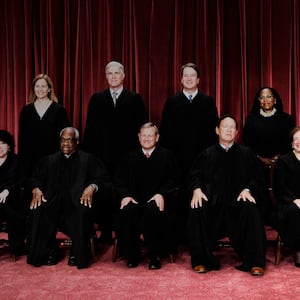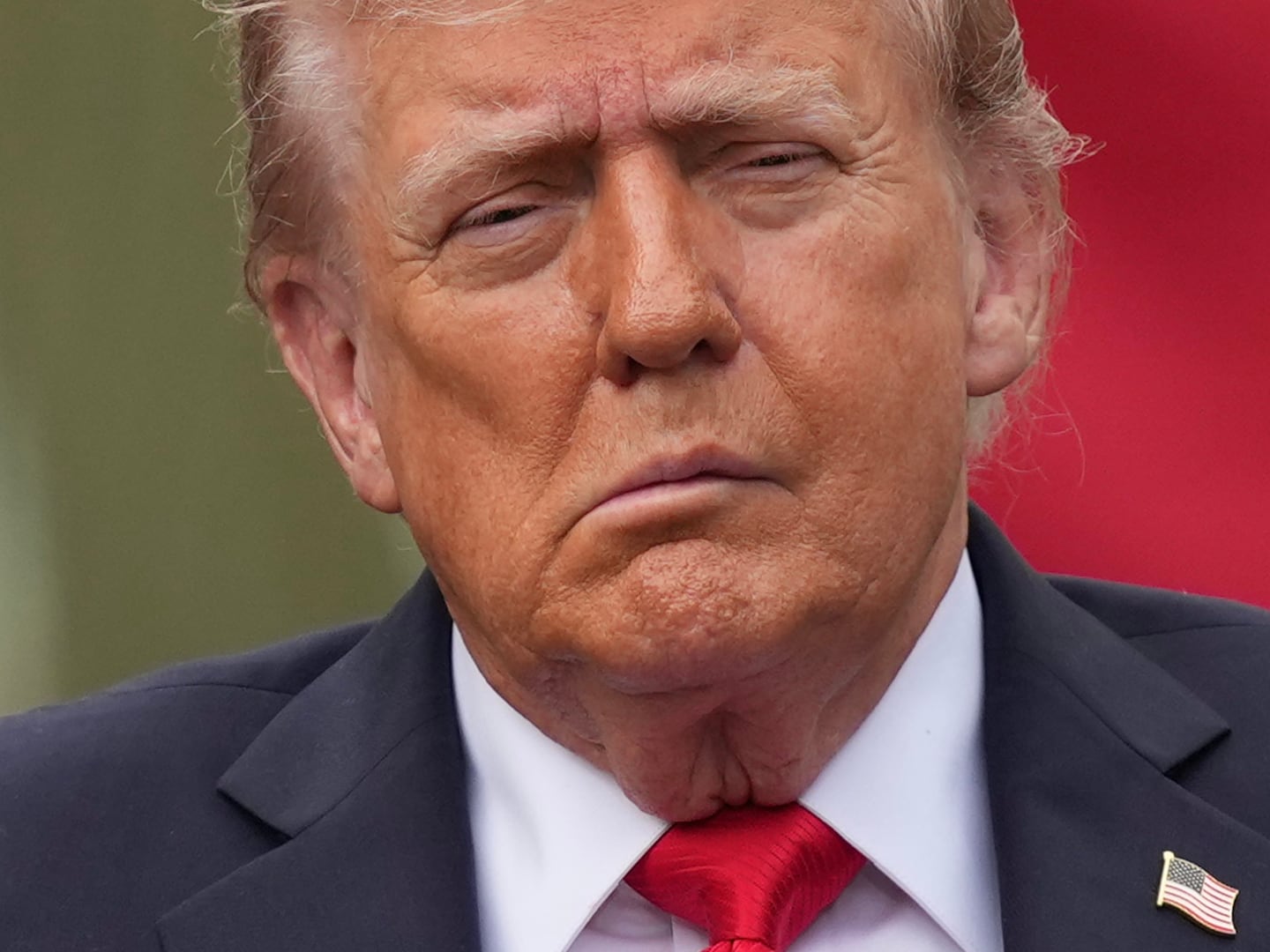Supreme Court Justice Amy Coney Barrett acknowledged that the court lacks the power to enforce its rulings if the president chooses to disregard them.
“The Court lacks the power of the purse,” she said. “We lack the power of the sword.”
Barrett, 53, was nominated to the court by Donald Trump in 2020 to replace Justice Ruth Bader Ginsburg. She told host Ross Douthat during an interview for a New York Times podcast that the court could not compel the president to follow its rulings.
“We interpret the Constitution, we draw on precedents, we have these questions of structure, and we make the most with the tools that we have,” she said, after Douthat asked what they would do if a president refused to follow a Supreme Court ruling.
Throughout the interview, Barrett spoke about her preferred legal theory, “originalism,” which she described as an interpretation of the Constitution that is consistent “with the meaning that the words of the Constitution had at the time that it was ratified.”

When asked by Douthat about the originalist position on executive power, Barrett cited the “unitary executive theory,” which holds that the president has comprehensive authority over the executive branch, including the power to remove executive‐branch officials without constraint.
This view has recently been challenged by originalist scholar and former Clarence Thomas clerk Caleb Nelson, who warned that interpreting the Constitution in line with the “unitary executive theory” could lead to the president having “an enormous amount of power.”
“That’s essentially the debate that we’re seeing play out in some of the cases on the court’s docket now,” Barrett said.
The current Supreme Court has repeatedly sided with President Donald Trump in its decisions, often splitting along partisan lines, with six conservative justices forming the majority.
Barrett herself has maintained that she is “nobody’s justice,” and she has previously sided with the Court’s liberal bloc to reject Trump’s attempt to freeze nearly $2 billion in foreign aid.
In the final week of its previous term, the Supreme Court delivered a series of victories to the Trump administration.
“Once the vote doesn’t come out that way—once it’s 7 to 2, 8 to 1 or even unanimous—then nobody talks about those cases," Barrett said, when asked why the most significant Supreme Court cases are often decided along partisan lines.

During the interview, the youngest Supreme Court justice said she was unsure whether she could answer a question about the executive attempting to “box the Supreme Court in” and use the law in “disingenuous” ways.
She also declined to answer a question on the Supreme Court’s “obligation” to see itself as a “protector of the entire judicial branch in conflicts with the executive,” referring to Trump’s attacks on judges who block his actions.
The Supreme Court is scheduled to hear arguments involving President Trump in November, December, and January.







